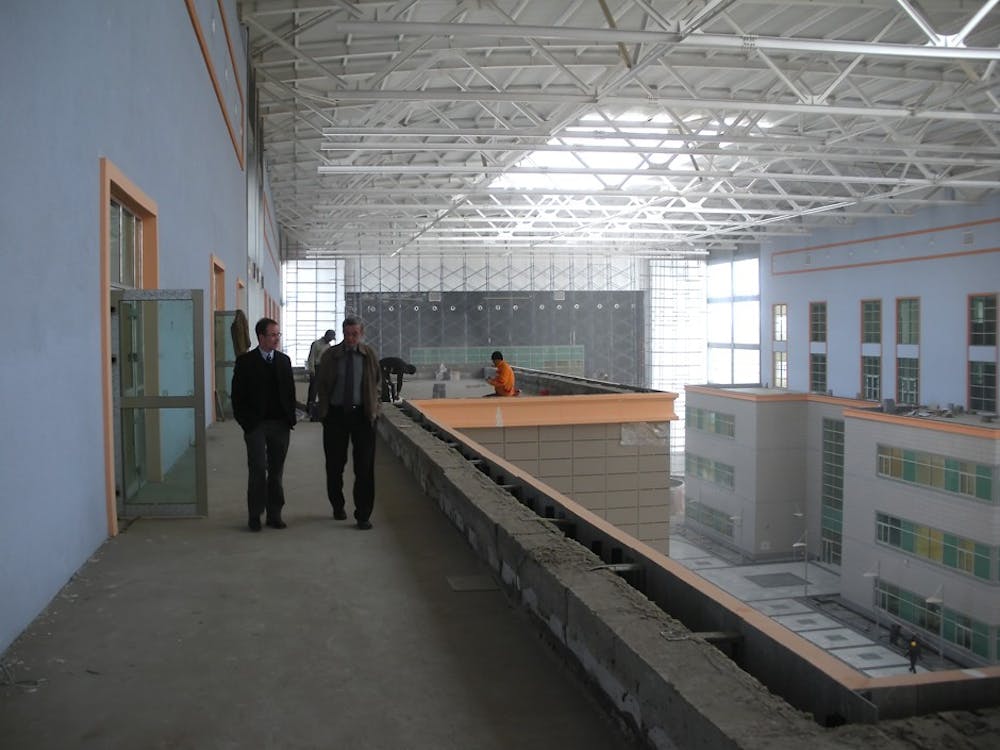
After more than 60 years of totalitarian rule, the Republic of Kazakhstan is making strides towards education reform with the help of the Graduate School of Education.
This week, members from the Nazarbayev Intellectual Schools — a group of high-performing schools in Kazakhstan — are collaborating with GSE faculty on a management program.
The Nazarbayev Intellectual Schools are part of an educational reform system developed by Kazakh President Nursultan Nazarbayev, who plans to develop higher education in the country. This summer, a group of GSE professors and doctoral students will travel to Kazakhstan to develop Nazarbayev University, which is the nation’s first research university.
The relationship between Penn GSE and the Nazarbayev Intellectual Schools grew out of a chance encounter.
GSE professor Alan Ruby was visiting colleagues in Kazakhstan last summer when he first learned about problems surrounding President Nazarbayev’s plans to create a new university. Ruby said his colleagues at Penn GSE would be able to help get the new Nazarbayev University and Intellectual Schools up and running.
According to Ruby, this week’s workshops are focused on providing basic training to create high-performing schools.
“Our goal is to help them develop the capacity to develop a highly effective school system,” Ruby said. He added that this week’s sessions have focused on tactics to develop strong school missions and empower leaders within the new Kazakh schools.
However, education reform in Kazakhstan does present certain challenges, according to GSE professor and director of the Executive Doctorate in Higher Education Management Blake Naughton.
“The biggest obstacle is a cultural shift,” Naughton said. “The struggle is fitting a new understanding of education and governance model to a country that was under Soviet rule for decades and decades.”
Ruby added that the Kazakhs will not be the only beneficiaries of this week’s work; the GSE will be rewarded, as well. “We benefit enormously because it allows us to test ideas that have worked in one context and see if they can be applied and replicated in another context,” Ruby said. “[We will see] whether ideas transcend geographic and cultural boundaries, and [we will also test] findings and propositions to see whether they hold across different cultures.”
The Daily Pennsylvanian is an independent, student-run newspaper. Please consider making a donation to support the coverage that shapes the University. Your generosity ensures a future of strong journalism at Penn.
DonatePlease note All comments are eligible for publication in The Daily Pennsylvanian.








